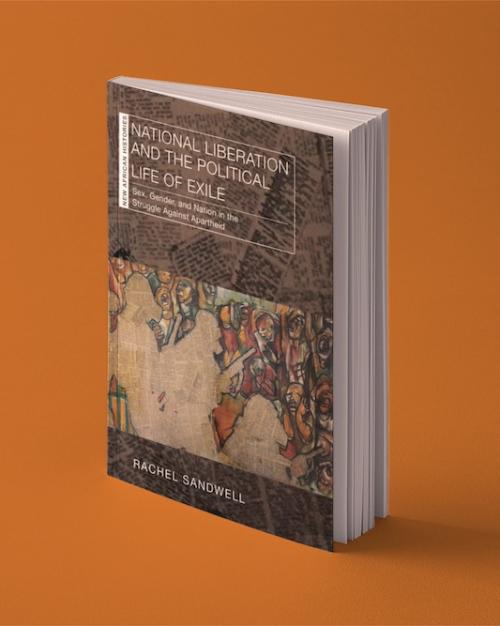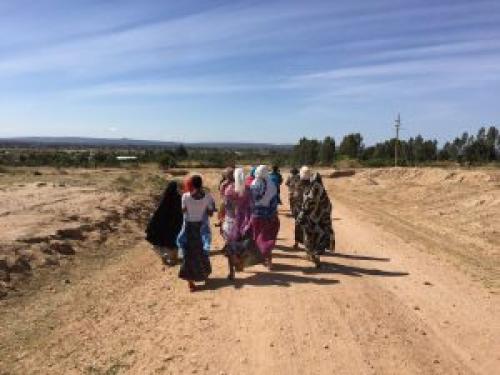Continuing on with the theme of "Summer Adventures," senior Shanna tells us about how she spent this past summer in Singida, Tanzania conducting global health research.
By Shanna Smith '18, Biological Sciences and French double major
One of the most interesting experiences of my life was participating in global health research in Singida, Tanzania this past summer. I have been working on the Singida Nutrition and Agroecology Project (SNAP) since Spring 2016. SNAP is an agroecological intervention-based project that also focuses on nutrition and gender equality education to address household food insecurity and the high stunting rate among children in rural villages of Singida. This past summer, I got to see my research come to life as I visited our ten intervention villages to lead semi-structured interviews and partake in participatory validation of graph data. I also played a role in mother and child anthropometric measurements and data entry quality control.
One of my favorite aspects of field research was getting to meet our participants. I got to not only hear about their lives but also see their lifestyle. Before this summer, I had never had the opportunity to witness or be immersed in a non-Western culture. I came out of the summer gaining an appreciation and much greater understanding of customs and cultures that are different from those of America. Many of our participant interviews took place in subjects’ homes and occasionally while the participant was doing housework. Also, at the end of my first village visit involving a village-wide meeting of SNAP participants, everyone broke into song and dance. Dancing along with them was an experience I will never forget. I really admired the idea of community in Singida. We had a team of Tanzanians helping us with transcription and translation that I got to know at a personal level at the office every day. If one of our staff members was home sick, we would visit him or her and bring a small gift. I have always praised Cornell for the extensive research opportunities given to students. For instance, there is a research database on the Office of Undergraduate Biology website that lists professors and details their research, making it relatively easy to learn about and get involved in academic research taking place on campus. Cornell also provides research opportunities that do not involve joining a research group. While I decided to continue the research I had been working on for a couple years, there are many global health abroad programs – both summer- and semester-long – that students can participate in through Cornell to gain valuable fieldwork experience. Overall, I am really grateful for this amazing opportunity and will remember the fieldwork I conducted, the Tanzanian staff I worked with, and the memories I created during my stay for the rest of my life.




